What Is the Difference Between Wicca and Paganism?
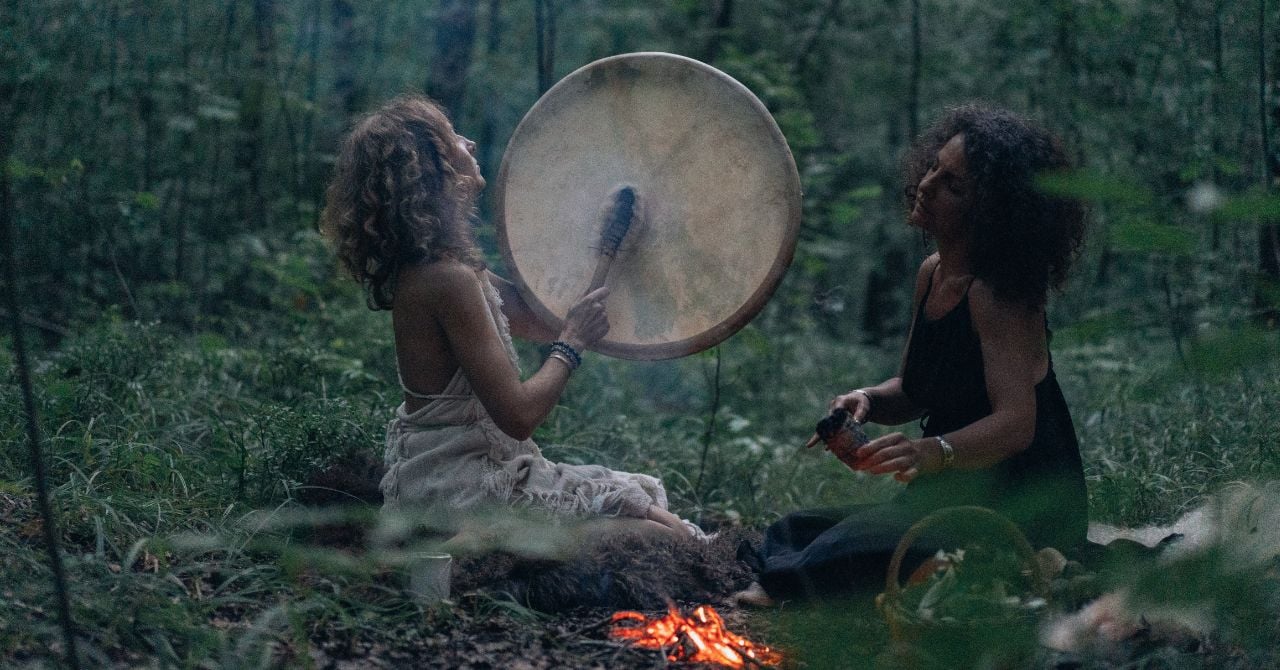
May 22, 2023
Estimated Read Time: 11 Minutes
If you are only superficially aware of paganism and Wicca, these terms may seem interchangeable. However, as Wiccans, we should know that’s not entirely the case. In fact, there are quite a few differences between these two spiritual movements that we will outline in this blog post. Keep reading to find out more!
What Is Paganism?
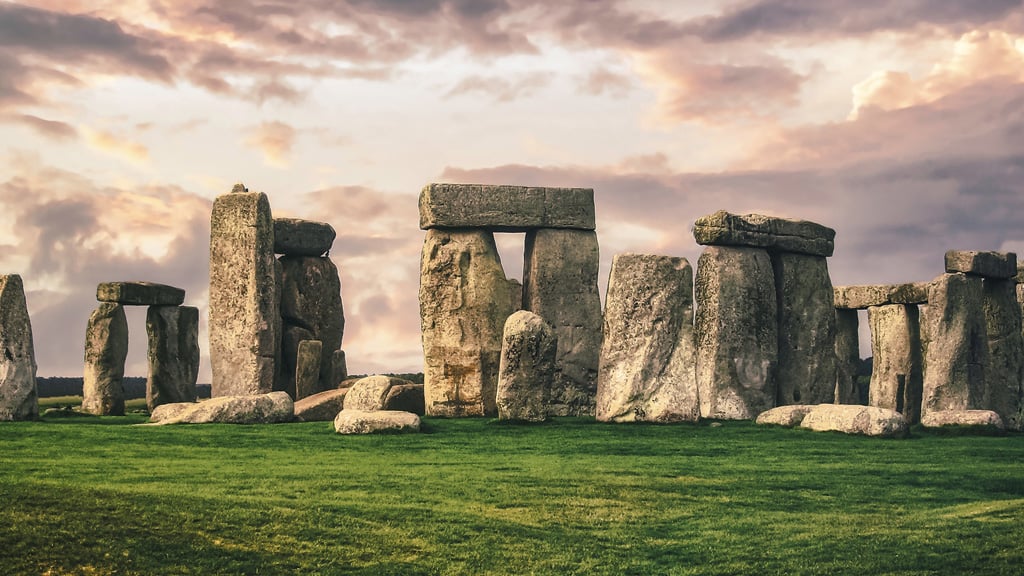
For many people raised in Christianity or other monotheistic religions, paganism bears a strictly negative connotation. It is the worship of false gods, and historically, the term described an uncivilized person who did not come to accept the one true god.
However, if we consider what paganism means beyond the confines of the monotheistic approach, it becomes clear this religion is far from negative or unenlightened. In fact, ancient Greeks and Romans, the most advanced people of their era, were pagans. Their religions were polytheistic, centering on worshiping gods who had little in common with today’s dominant monotheistic, Abrahamic religions.
Still, paganism doesn’t only refer to old religions that largely went extinct in the modern world. In fact, even today, many people identify as pagans and follow traditions and rituals that trace their origins to a pre-Christian era. These new pagans belong to a so-called neopaganism movement that started in the 19th century and exploded in the 1960s in Scandinavia, the United Kingdom, and the US.
What Does Pagan Worship Entail?
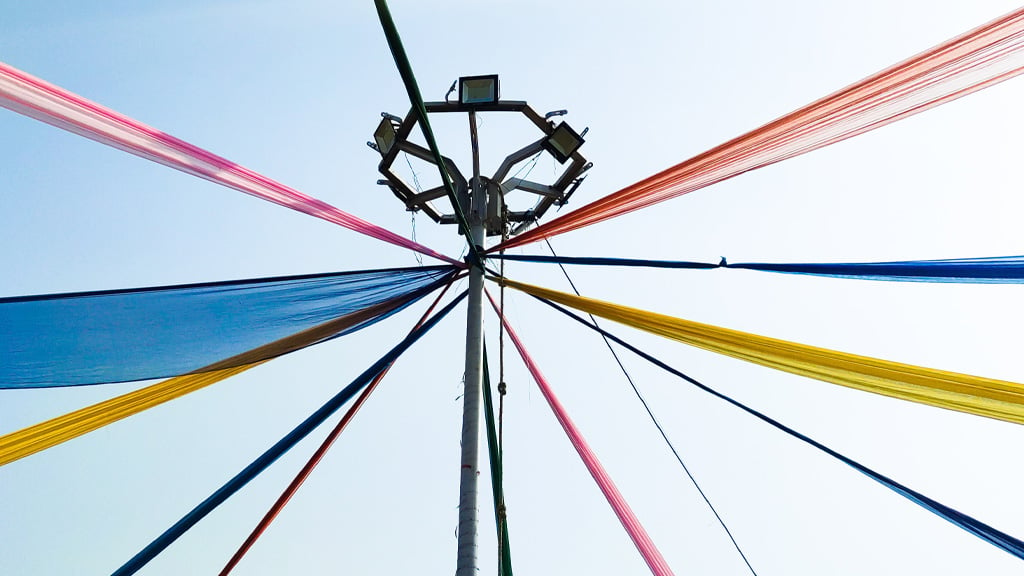
Unlike dominant religions of today, paganism doesn’t have a specific dogma to follow or particular gods to worship. Pagans follow diverse beliefs, generally choosing their own deities and associated rituals and traditions. As a result, paganism is divided into many sub-religions, and even those are not strictly determined and organized.
However, there are some elements characteristic of all pagans, no matter what specific sect they belong to. Namely, paganism has a deep reverence for nature, always recognizes the existence of more than one god, and frequently celebrates the feminine through the worship of various goddesses. In addition, its various rituals and traditions often include a magickal element.
Nature Worship

At the heart of every pagan religion is the worship of nature, marked by celebrating different seasons and natural cycles. Pagans express this deep connection with nature through offerings and festivals dedicated to various divinities. However, the latter is not a requirement – paganism is all about individuality and personal choice.
Polytheism
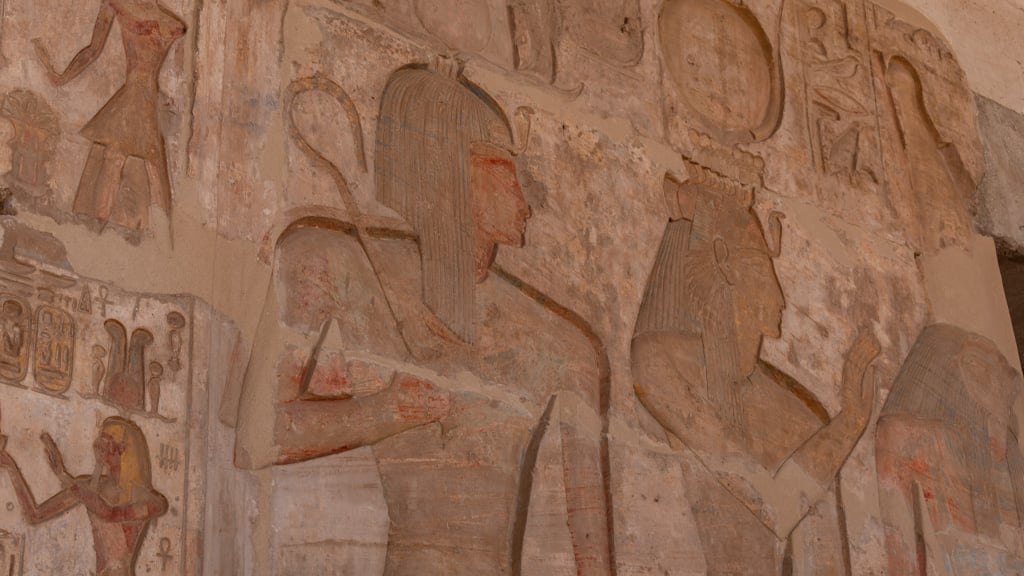
Generally speaking, pagans don’t have a specific community of gods and goddesses to worship. Instead, everyone is free to choose their own deities as they see fit. As a result, some pagans turn to ancient Greek and Roman gods, while others focus on Egyptian deities. Still, others believe in supreme divine principles instead of a specific god.
Even among pagans, there are those who worship a single god. However, regardless of their personal beliefs, they still recognize other deities which peacefully coexist with their own.
The Divine Feminine
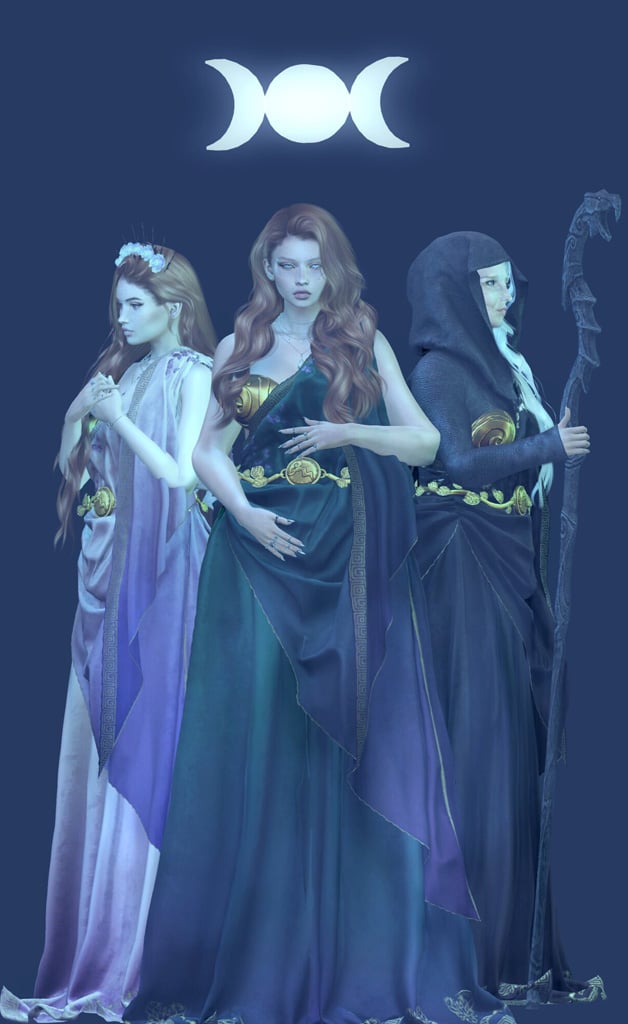
Finally, unlike most widely accepted religions, paganism fully embraces and encourages the worship of goddesses. Almost every pagan religion recognizes the divine feminine, and even the sects focused on male deities don’t deny the existence of goddesses. For this reason, paganism is attractive to modern women, who often can’t relate to the monotheistic abhorrence of the idea of female deities.
Want to learn more about familiars, spells, dreams, tarot, crystals, herbs, and much more?
Become a student of Wicca Academy today!
What Is Wicca?
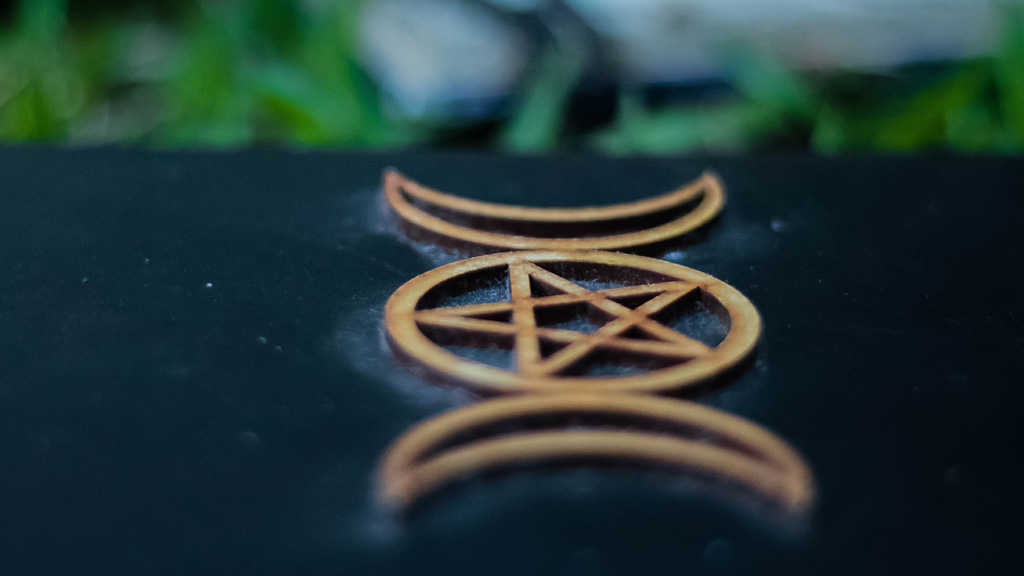
Wicca and paganism have much in common – such as polytheism, nature worship, and the divine feminine. However, they’re not exactly the same. In fact, Wicca is a subsect of paganism that focuses on the ritualistic and magickal aspects of the religion. Simply put, all Wiccans are pagans, but not all pagans are Wiccans.
Unlike paganism, which has existed for millennia, Wicca is a fairly new religion. Its origins can be traced back to the 1920s when Dr. Margaret Murray, now considered a mother of modern witchcraft, published her thesis on witchcraft. There, she outlined the main principles of modern Wicca and started a movement that still exists today.
Due to Wicca’s relation to witchcraft, many Christians may associate it with devil worship and Satanism. However, there is no relation at all. Wicca’s rituals are based on traditions that existed centuries before Christianity when the concept of the devil was still not introduced.
Organization of Wicca
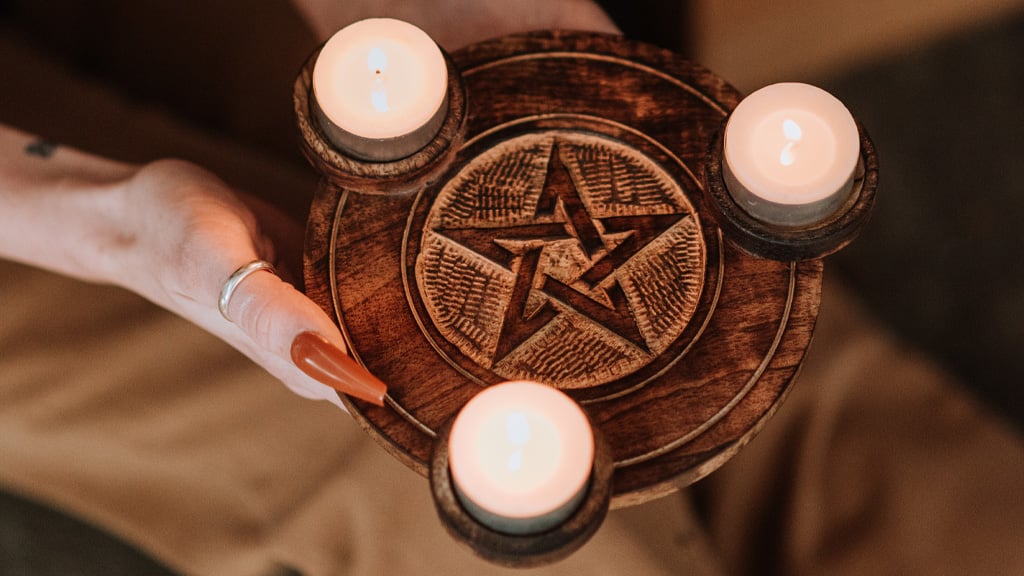
Like most pagan religions, Wicca doesn’t have a central leadership, scriptures, or a strict organization. Most Wiccans are solitary practitioners who determine how to express their spirituality and faith in their own way, even if they don’t follow any of the written texts about Wicca.
Other Wiccans come together in big and small covens, within which they can elect officers or high priests and priestesses. However, none of these leaders determine the direction in which the religion as a whole will move, and they typically serve only for two terms before another election.
What Does Wicca Entail?

Aside from nature worship, polytheism, and other similarities it shares with paganism, Wicca also entails magick, referred to as such, to differentiate it from stage magic i.e. pulling a rabbit out of a hat. Magickal rituals employ psychic energy through dance, chanting, or visualization in order to heal, protect, and aid others.
Wiccans can also use magick to harm others, but the rules of casting suggest that the consequences can be dire. Any harm done will come back threefold on the caster, also referred to as the Threefold Law or Rule of Three. That way, Wicca promotes personal responsibility and care for others and discourages potential misuse of magickal energy.
Usually, Wiccans who gather in covens learn magickal practices and devotional rituals from other, more experienced Wiccans. On the other hand, solitary Wiccans don’t have such guides. Therefore, they often resort to the Internet for help or come up with their own traditions. Luckily, Wicca is accepting of diversity, so there are no right or wrong ways to practice it.
Final Thoughts

Wicca and paganism share many characteristics, but the two terms are still not interchangeable. Paganism encompasses many denominations, beliefs, and practices that can greatly differ from one another, even if they possess similar attributes.
On the other hand, Wicca is an aspect of paganism, characterized by the focus on magick and witchcraft. Ultimately, Wiccans are still technically pagans, only with a more ritualistic approach to their faith and spirituality.
Check out our other articles:
Sigils for Newcomers
Jar Spells Made Simple
Get to Know Your Familiar
Kitchen Magick for Beginners
Moon Phases and Simple Rituals
See All Articles
Love this article? Share the magick with your friends and loved ones!
Thank you,love the information.